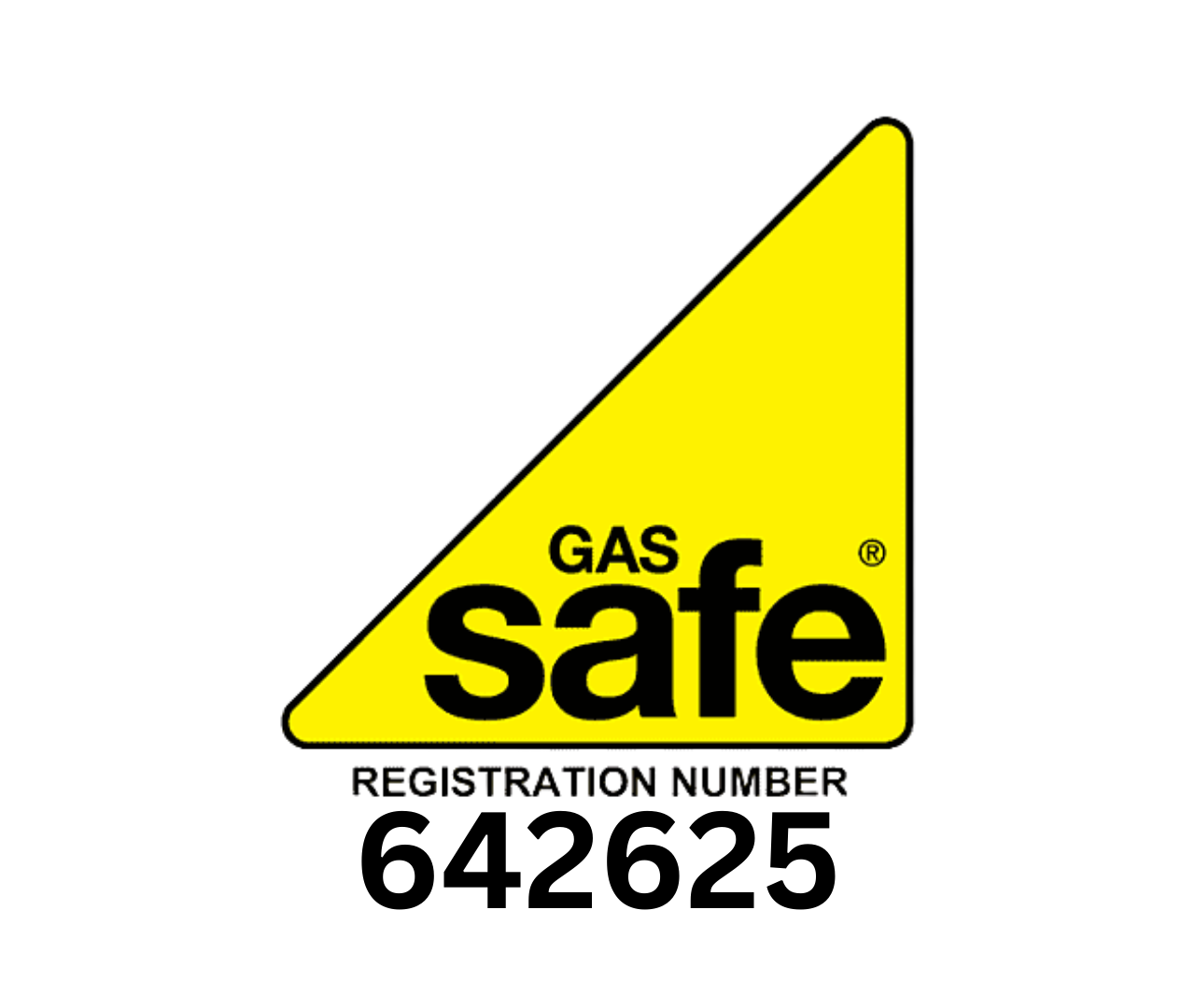Hydrogen Boilers vs. Traditional Boilers: What’s the Future of Heating?
As the world focuses on reducing carbon emissions and enhancing energy efficiency, the debate between hydrogen boilers and traditional boilers has become a critical topic. With the rising need for energy efficient boilers, homeowners are increasingly looking for solutions that align with environmental goals while also saving on utility costs. This blog will explore the key differences between hydrogen boilers vs traditional boilers, their pros and cons, and what the future holds for home heating.
Understanding Energy Efficient Boilers
What Are Energy Efficient Boilers? Energy efficient boilers are heating systems designed to use fuel more effectively, reducing waste and lowering energy bills. They include condensing boilers, combi boilers, and now, emerging technologies like hydrogen boilers. These systems are an essential part of achieving a greener, more sustainable future. Learn more about government initiatives supporting energy efficiency here.
Benefits of Energy Efficient Boilers
- Lower Energy Bills: With enhanced efficiency, homeowners save significantly on heating costs.
- Reduced Carbon Emissions: These boilers help in combating climate change by minimizing CO2 output.
- Future-Proofing Homes: With regulations tightening, having a system like a hydrogen boiler ensures compliance.
For more about improving home energy efficiency, visit Simple Green Energy.
Hydrogen Boilers: The Innovative Future
What Are Hydrogen Boilers? Hydrogen boilers are cutting-edge systems designed to use hydrogen gas as fuel instead of natural gas. They work similarly to traditional boilers but are specifically engineered for energy efficiency and sustainability.
Key Advantages of Hydrogen Boilers
- Zero Carbon Emissions: When burning hydrogen, the only by-product is water vapor.
- Energy Efficiency: Hydrogen boilers are among the most energy efficient boilers available today.
- Compatibility with Existing Systems: Some hydrogen-ready models can operate on natural gas and be converted to hydrogen in the future.
For a deeper dive into renewable energy technologies, visit Simple Green Renewables.
For more insights on the importance of sustainable energy, visit EDF Energy.
Traditional Boilers: The Current Standard
How Do Traditional Boilers Work? Traditional boilers use natural gas or oil to heat water, which is then circulated through radiators or underfloor heating systems. While they are reliable and widely available, they lag behind in terms of energy efficiency compared to newer systems.
Challenges with Traditional Boilers
- High Carbon Emissions: Natural gas combustion releases CO2, contributing to climate change.
- Lower Efficiency: Older models often waste a significant amount of energy during operation.
- Regulatory Risks: With the push toward greener solutions, traditional boilers may become obsolete.
Explore modern energy solutions at EDF Energy.
Comparing Hydrogen Boilers and Traditional Boilers
Efficiency and Environmental Impact Hydrogen boilers clearly outperform traditional systems in terms of efficiency and environmental benefits. However, the infrastructure for hydrogen fuel is still in development, limiting its immediate adoption.
Cost Considerations
- Hydrogen Boilers: Higher upfront costs due to emerging technology but lower operational costs in the long term.
- Traditional Boilers: Affordable initial investment but higher running costs and carbon taxes could make them less economical over time.
Environmental Impact
Hydrogen boilers are a game-changer in reducing carbon footprints. With zero emissions, they align perfectly with global climate goals. In contrast, traditional boilers rely on fossil fuels, making them a significant source of greenhouse gases.
Costs
- Upfront Investment: Hydrogen boilers are more expensive due to their advanced technology and limited production.
- Operating Costs: Over time, the lower running costs of hydrogen systems make them more economical, especially as carbon taxes on fossil fuels increase.
- Maintenance: Traditional boilers are generally easier and cheaper to maintain, but hydrogen systems are catching up as the technology matures.
The Role of Energy Efficient Boilers in the Future
Government Incentives and Policies Governments worldwide are supporting the transition to greener technologies. In the UK, initiatives like boiler upgrade schemes aim to reduce the financial burden on homeowners. Learn more on Gov.uk.
Partnering with Simple Green Energy At Simple Green Energy, we’re dedicated to helping you make the right choice for your home and the planet. From insulation solutions to boiler upgrades, our experts are here to guide you every step of the way.
The Role of Government and Industry
Governments play a crucial role in shaping the future of heating systems. Subsidies, tax breaks, and incentives for adopting greener technologies are paving the way for hydrogen boilers. Companies like Simple Green Energy are at the forefront, offering innovative solutions to make homes more sustainable.
External Resources
- Learn about renewable energy advancements at Simple Green Renewables.
- Explore energy-efficient products at EDF Energy.
- Stay updated on government policies at Gov.uk.
Why Choose Simple Green Energy?
At Simple Green Energy, we are committed to helping homeowners transition to more sustainable heating solutions. Whether you’re considering upgrading to a hydrogen boiler or enhancing your home’s insulation, our team of experts is here to guide you every step of the way. By choosing us, you not only invest in cutting-edge technology but also contribute to a greener, cleaner future.
Conclusion: The Smart Choice for Home Heating
The choice between hydrogen boilers and traditional boilers is a significant one. While traditional systems have been reliable, the environmental and regulatory pressures make them less viable in the long term. Hydrogen boilers, despite their higher initial cost, represent the future of energy efficient boilers, offering unparalleled benefits in terms of sustainability and performance.
Making the switch to greener technology is not just an investment in your home but also in the planet. Visit Simple Green Energy to explore our range of sustainable heating solutions. For insights into renewable energy, check out Simple Green Renewables or explore innovative energy options at EDF Energy. Together, we can create a future powered by efficiency and sustainability.
For more information on renewable energy solutions, visit Simple Green Renewables.

Check if you Qualify for a Free Cavity Wall Insulation Government Grant

FAQs: Hydrogen Boilers vs. Traditional Boilers
1. What is the main difference between hydrogen boilers and traditional boilers?
- Hydrogen boilers use hydrogen as a fuel, producing only water vapor as a by-product, making them carbon-free. Traditional boilers rely on fossil fuels like natural gas or oil, which emit significant carbon dioxide during combustion.
2. Are hydrogen boilers available for purchase now?
- Yes, some hydrogen-ready boilers are available on the market. These can operate on natural gas initially and transition to hydrogen as infrastructure improves.
3. How much does a hydrogen boiler cost?
- The initial cost of a hydrogen boiler is higher than that of traditional boilers, ranging from £1,500 to £3,500 or more, depending on the model and installation requirements. However, government incentives and the potential for lower operating costs make them a viable long-term option.
4. Is it worth replacing my traditional boiler with a hydrogen boiler now?
- If your current boiler is old or inefficient, upgrading to a hydrogen-ready boiler may future-proof your home. However, if your traditional boiler is still functional and efficient, you may want to wait until hydrogen infrastructure is more developed.
5. Can hydrogen boilers work with existing home heating systems?
- Yes, hydrogen-ready boilers are designed to integrate with most existing heating systems, including radiators and underfloor heating.
6. What is the lifespan of hydrogen boilers compared to traditional boilers?
- The lifespan of hydrogen boilers is expected to be similar to that of traditional boilers—approximately 10-15 years—depending on usage and maintenance.
7. Are hydrogen boilers safe?
- Hydrogen boilers are designed with advanced safety features to prevent leaks and ensure safe operation. Hydrogen is flammable, but the systems are rigorously tested to meet high safety standards.
8. How energy-efficient are hydrogen boilers compared to traditional boilers?
- Hydrogen boilers are highly energy-efficient, with most achieving efficiency ratings of 90% or higher. Traditional boilers, especially older models, often fall short of these efficiency levels.

Why Choose Simple Green Energy?
At Simple Green Energy, we are committed to helping UK homeowners embrace the future of energy efficiency. Our range of smart home solutions is designed to
We provide services like:
- Boiler Replacement Grants
- Cavity Wall Insulation Grants
- Loft Insulation Grants
- Room in Loft Insulation Grants
- First Time Central Heating Grant
- Electric Storage Heaters
- Solar Panels
- EV Charging
- Energy Storage System
- Private Boiler and Insulation
Contact Us
Email: contactus@simplegreenenergy.org
Phone: 01217078369
Mobile: 07762308032











